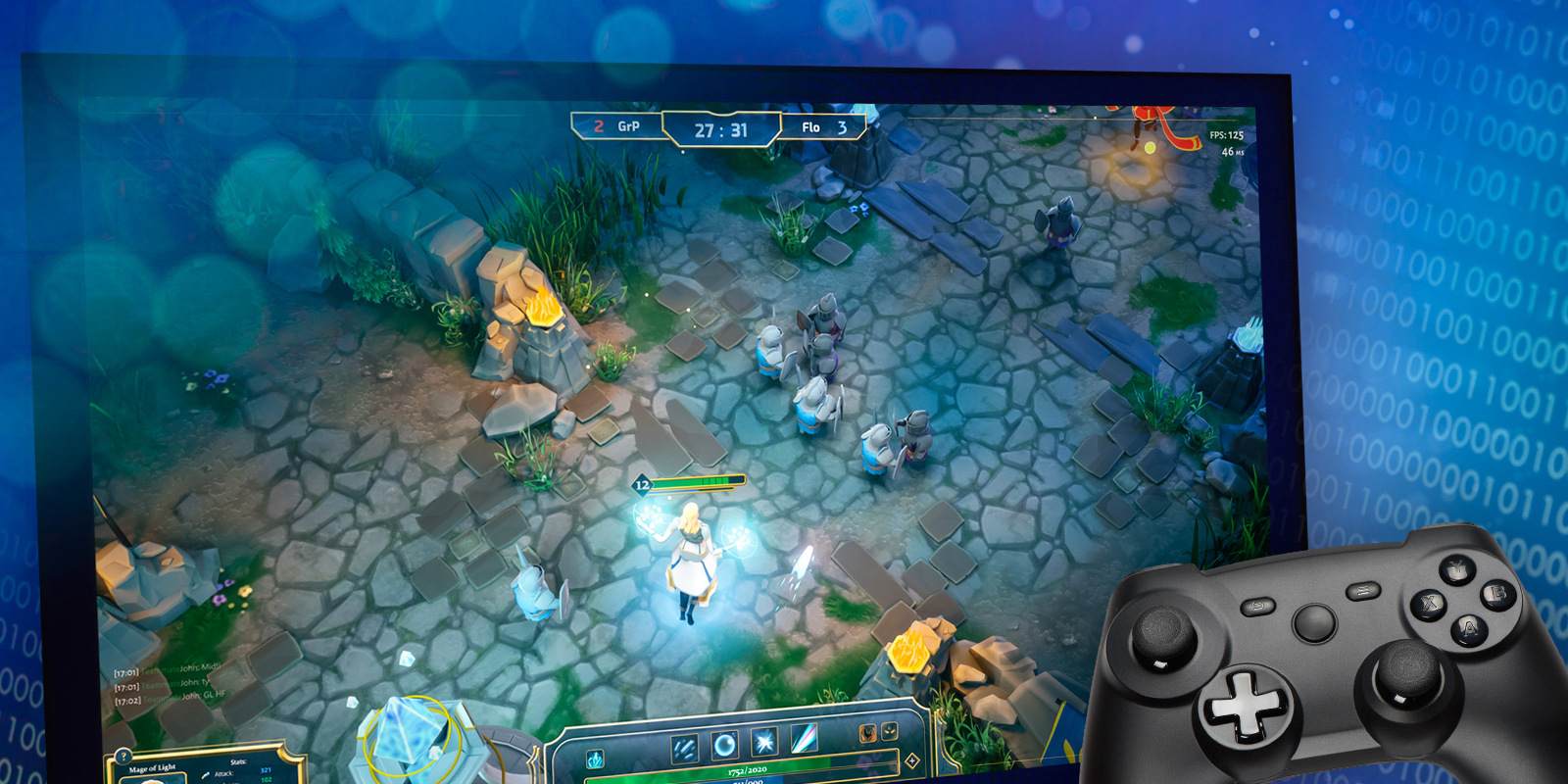
French Supreme Court Rules on Resale of Digital Video Games
In Short
The Situation: The French Supreme Court (Cour de cassation) recently ruled that the principle of exhaustion of rights, which allows consumers to resell physical copies of video games without the consent of the publisher, does not apply to digital copies of video games, which are subject to the general regime of copyright.
The Background: Valve Corporation is the developer of the popular Steam platform for video games. By downloading the software and creating an account when purchasing their first game, users agree to a "Steam Subscription Agreement," which contains an intellectual property clause prohibiting the resale of video games. The Cour de cassation ruling relates to the validity of such clause.
Looking Ahead: This decision is in line with the recent case law of the Court of Justice of the European Union ("CJEU"), which has also refused to apply the principle of exhaustion of rights to digital books and music.
A French consumer association, UFC Que Choisir, challenged the intellectual property clause included in the "Steam Subscription Agreement," prohibiting the resale of video games, before the Paris Court of First Instance. The Paris Court of First Instance declared such clause unwritten and void. The Paris Court of Appeal partially reversed this decision, validating the clause prohibiting the resale of video games, on the ground that video games are not protected by software copyright but by general copyright, which does not allow the exhaustion of rights on digital copies. UFC Que Choisir appealed to the Cour de cassation. In its October 23, 2024, decision, the Cour de cassation ruled that the principle of exhaustion of rights, which is derived from EU law and allows consumers to resell physical copies of video games without the consent of the publisher, does not apply to digital copies of video games, which are subject to the general regime of copyright. The Cour de Cassation's Ruling The Cour de cassation based its reasoning on the following arguments: A video game is not a computer program in its own right but a complex work that includes software components as well as numerous other elements, such as graphics, music, sound elements, a scenario, and characters. Therefore, it cannot benefit from the special regime of software copyright, which provides for the exhaustion of rights on both tangible and intangible copies, as established by the CJEU in the UsedSoft case (CJEU, July 3, 2012, Case C-128/11). A video game is protected by the general regime of copyright, which allows the exhaustion of rights only on physical copies of the work and not on digital copies, as confirmed by the CJEU in the Tom Kabinet case (CJEU, Dec. 19, 2019, C-263/18). A video game has different characteristics and uses than a computer program, which justify a different treatment in terms of exhaustion of rights. Unlike a computer program, which is designed to be used until it becomes obsolete, a video game is quickly put on the market once the game has been played and, unlike software, can still be used by new players several years after its creation. Therefore, allowing the resale of digital copies of video games would undermine the normal exploitation of the work and the legitimate interests of the publisher. The Cour de cassation concluded that the clause prohibiting the resale of video games in the Steam Subscription Agreement was valid and enforceable, and dismissed the appeal of UFC Que Choisir.
Three Key Takeaways
- The Cour de cassation confirmed the distinction between software copyright and general copyright, and aligns itself with the CJEU's position on the non-applicability of the principle of exhaustion of rights to digital copies of video games.
- Video game companies offering digital copies of video games on platforms can prevent users from reselling them without their consent, and should ensure that their subscription agreement is correctly drafted in that respect.
- Post-Brexit, copyright and other intellectual property rights in goods first placed legitimately on the market in the United Kingdom will not be treated as having been exhausted in the European Union, while the United Kingdom continues to treat the rights in goods first placed legitimately on the market in the European Economic Area as exhausted for the United Kingdom. This is an important factor to be considered by rights holders (and importers alike) depending on where they operate.





